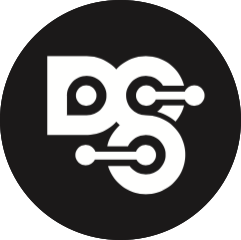There is widespread recognition that moves to make more data “open” are to be welcomed. Public access to data can impact on issues of trust and governance, offer new opportunities for business innovation, and increase public awareness and understanding relating to some of the most pressing challenges we currently face. But for data to be truly “open”, it needs to be more than just accessible: it needs to be made available in forms and through interfaces that faciltate its use in creative (and critical!) ways.
The question is, then, how can we design technologies that go beyond simply making data publicly accessible, and instead open up data to effective, innovative and potentially transformative public use? Data Commons Scotland is working towards some answers. Drawing from interdisciplinary expertise in HCI design, education, ethics and creative industries, we are conducting research and develpoment activities that will prototype a linked Open Data platform with learnable functionality, deliberately designed to accommodate potential users with a range of motivations and levels of data literacy, and to encourage increasing engagement and sophistcation of use.
We’re developing these approaches by working with open data on waste management and processing in Scotland. We have chosen waste data as the focus for the prototyping process because it is a great example of data that people may want to access and engage with for a range of reasons. Someone might seek out data relating to waste management and processing in order to:
- develop a re-use or re-purposing business opportunity,
- find out about waste processing in the local area and/or compare with other regions,
- hold authorities to account in relation to environmental standards,
- teach others (including children) about Scotland’s waste and what we can do to reduce it,
- and more!
Data Commons Scotland recognises that these different motivations are likely to be accompanied by different levels of data literacy, including understanding o uncertainty, and different levels of trust in the range of data sources. This is why we are grounding our prototype development in user-centred, co-design processes that put people’s values at the heart of the system.
The project is ambitious and faces a range of challenges, including:
- common standards/formats for open data
- how to develop effective indicators for data reliability and uncertainty
- how to develop data interfaces that actively improve data literacies
- expanding conceptions of the types of data that can be open, to include “small” as well as “big” data.
If you want to know more about the project’s progress, check out the Posts page, where you will find updates on what we are doing. Or you can Contact the project team.
